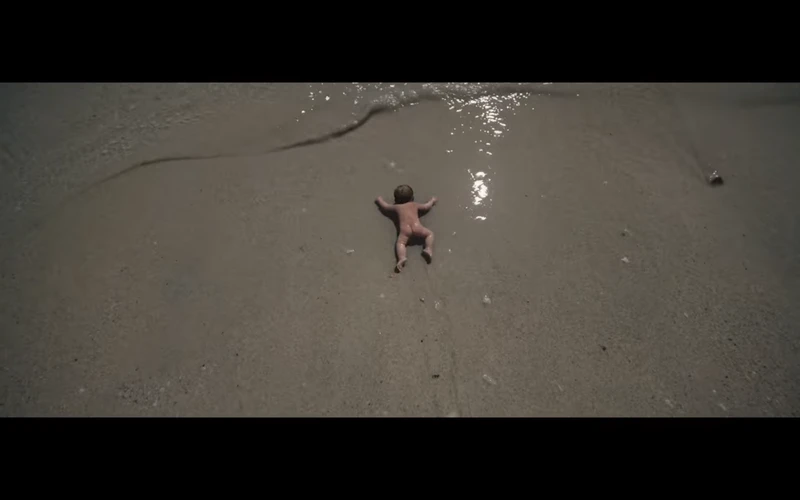Bardo, False Chronicle of a Handful of Truths (2022)
| director: | Alejandro G. Iñárritu |
| release-year: | 2022 |
| genres: | arthouse |
| countries: | Mexico |
| languages: | Spanish |
All I knew about Bardo is that it is from the director of Birdman (2014). Birdman (2014) is a semi-surrealistic plunge into the emotionally-charged mental breakdown of an entertainer struggling to come to terms with the evolution of his highly-successful career, whereas Bardo is a semi-surrealistic plunge into the emotionally-charged mental breakdown of an entertainer struggling to come to terms with the evolution of his highly-successful career. Birdman (2014) ends with a shot that strongly implies that the main character has flown off into the sky, whereas Bardo ends with a shot that strongly implies that the main character has flown off into the sky.
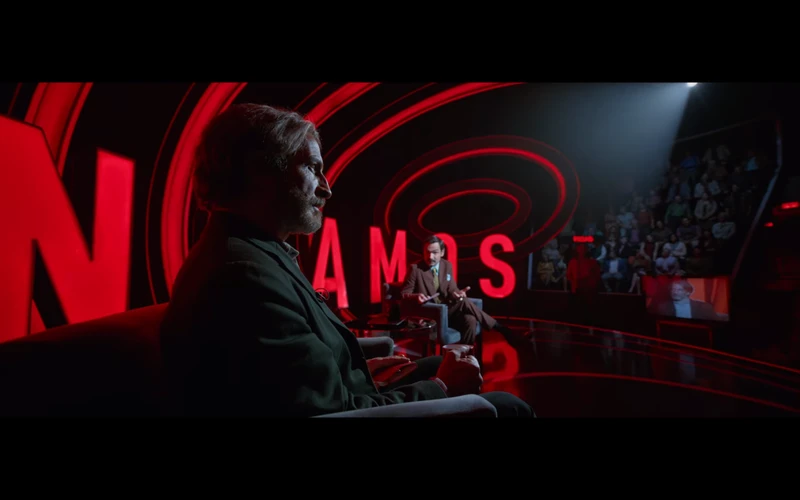
It seems to be autobiographical. I don't know anything at all about Iñárritu's life or career, but everything about Bardo screams: "this is what I think of myself." It's a surreal, avant-garde, three hour long, semi-autobiographical, philosophical introspection.
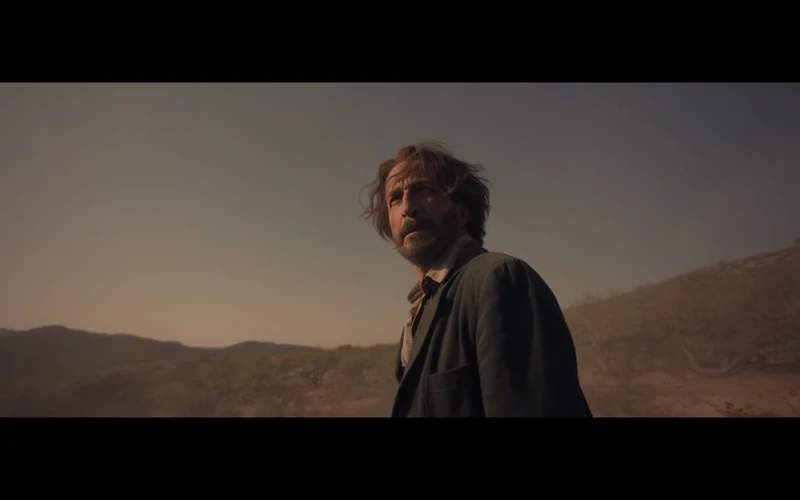
At the very least, Iñárritu is a Mexican director who moved off to the U.S. to get hugely successful making such amazing films as Birdman (2014), and has now returned to Mexico to film Bardo. Bardo is about a Mexican journalist, Silverio Gama, who moved off to the U.S. to get hugely successful making biographical films about Mexican immigrants, and has now returned to Mexico to be hated by all of his former friends.

It has no plot, and/or several plots, but the two strongest recurring threads are Silverio's undying love of his family, and his very conflicted love/hate relationship with Mexico itself.
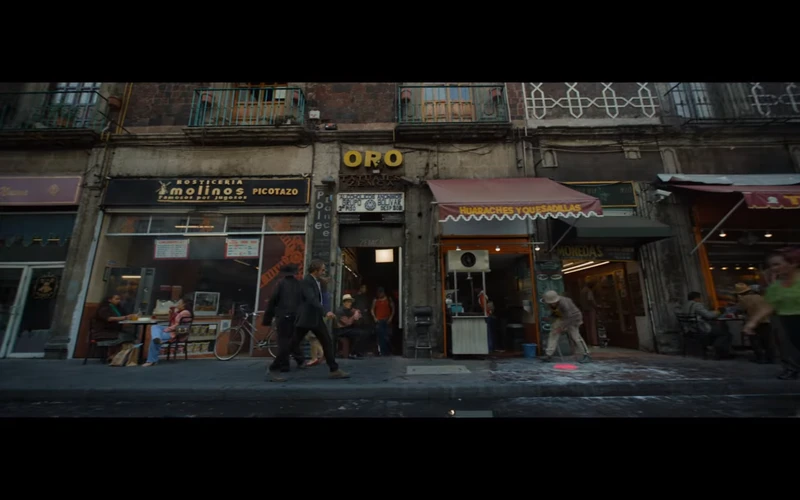
He loves his wife to death, but they share emotional scars from the still-birth of a child. The child keeps popping out of his mom's vagina, and they diligently push him back in. They're shoving the trauma back inside each time, or whatever… things are sometimes simultaneously extremely metaphorical and extremely literal in this film.
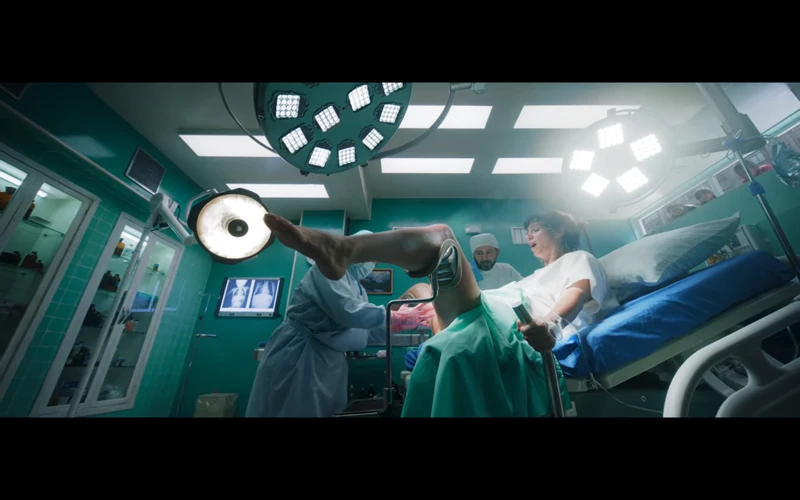
He loves his kids, too, and they love him back, but they both harbor resentment that he tore them away from their home in Mexico to pursue his career. They want to move back to Mexico, while he wants them to consider the U.S. their new home. He has some unfortunately compelling arguments; in particular, that they are rich enough to be of interest to Mexican gangs, and too poor to afford protection. The sharp class divisions – and their implications – definitely contribute to his love/hate relationship with Mexico. Some of those divisions are illustrated very impactfully here, as it shows a marked difference in social treatments and available opportunities to wealthy performers, housemaids, laborers, and farmers.
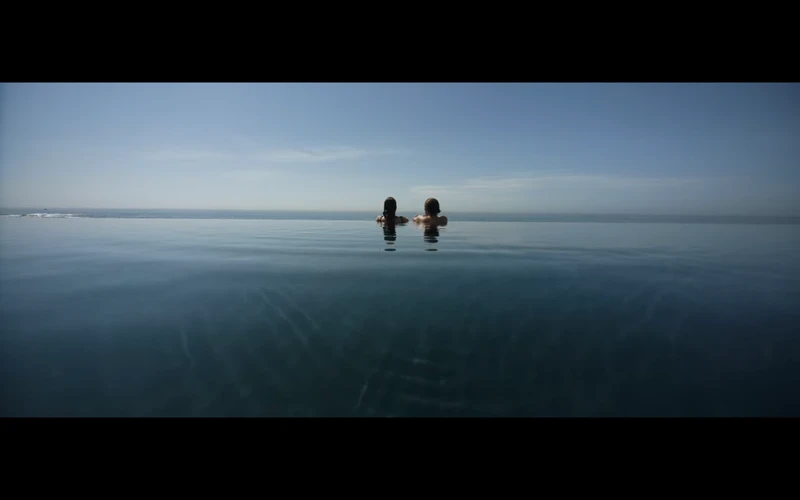
He loves is parents, as well, one of whom is dead and one of whom has dementia. He talks with them often anyway, because those things aren't a limiting factor in a self-referential, fourth-wall-breaking, three hour long exercise in autobiographical surrealism. He's a tiny CGI man when he talks to his dead dad.
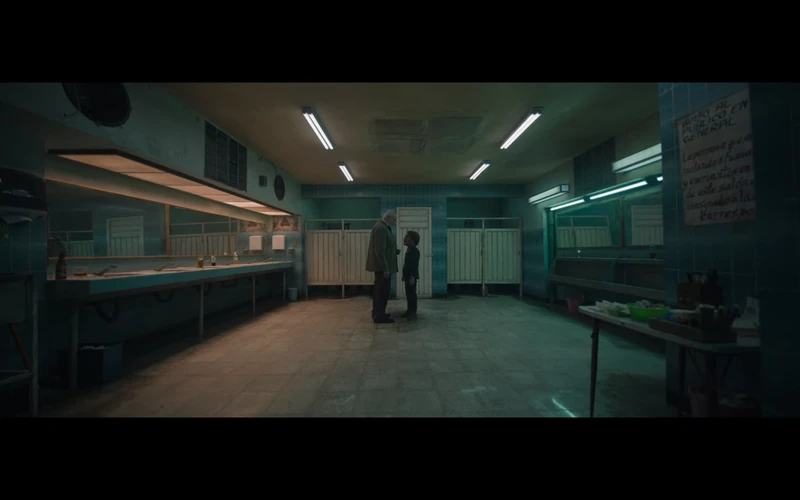
Sometimes, when he talks to people, his lips don't move. After a while they complain that his lips aren't moving. On the flip side, sometimes when people talk to or about him, their lips move a lot but no sound comes out. Sometimes he teleports between places, or times. Sometimes all of the objects in the room change. Sometimes people speak with the wrong voices. "Sometimes" is very often.
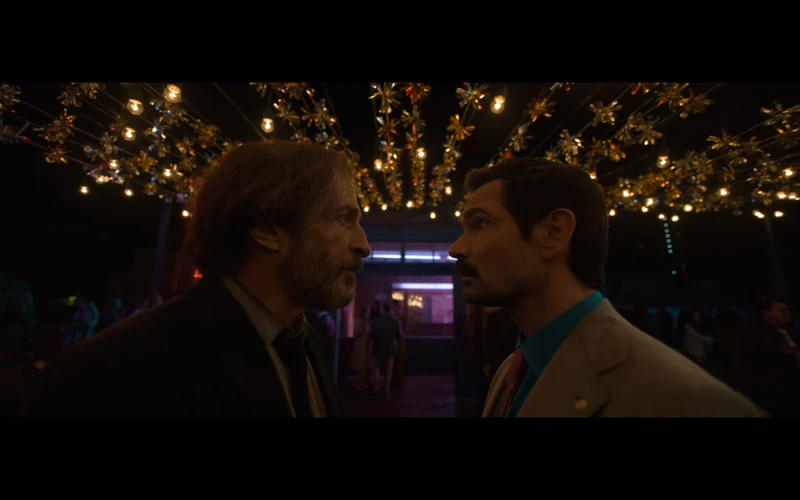
It has an alternating rhythm, starting off in a slow, bizarre, extreme of surrealism and gradually transitioning into a faster-paced period of temporally-linear story telling, peppered with only some hints of the absurd, followed by a long transition back into the slow, inexplicable ramblings. The faster periods are interesting, comical, and thought provoking, while the slower times are beautiful and more philosophical.
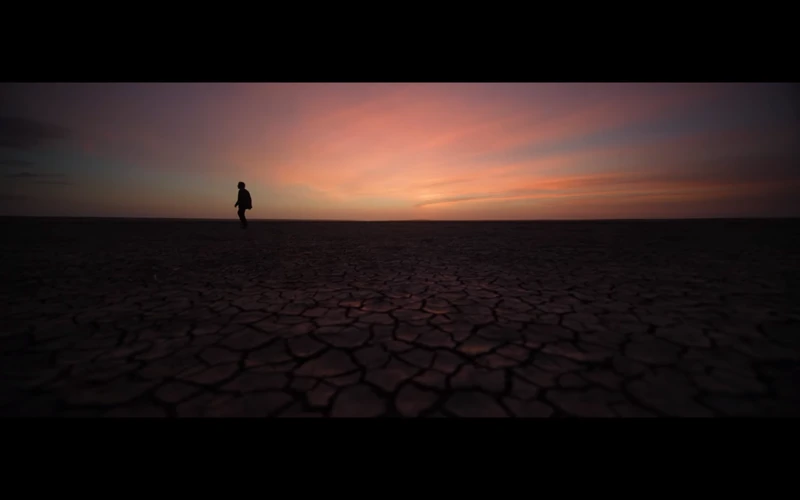
The best of the slow bits is when he has an argument with Hernán Cortés (you know, The Killer) about the origin of Mexico and Mexicans and whether Cortés was The Killer or the father of Mexico. They're standing on a multi-story column of corpses while they have this debate about race and origin and heritage.
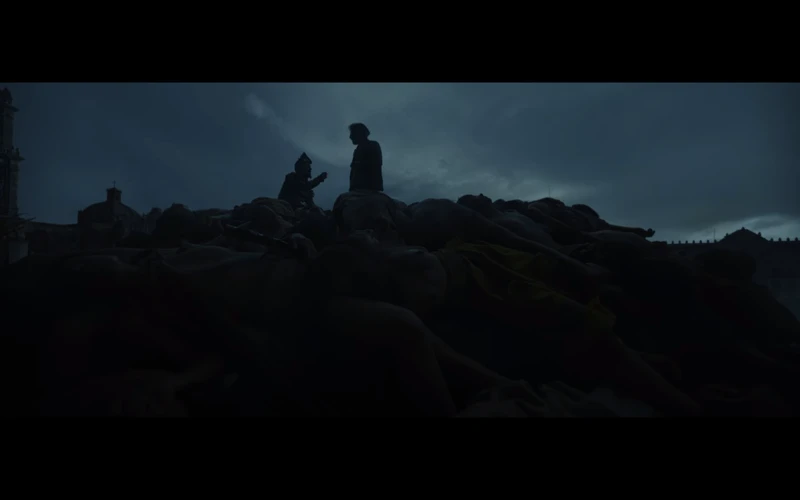
The best of the fast bits is when they dance. This is a film of long shots, and this long shot is a great one. Is it the best dance scene in film? Possibly. I can only assume that Bardo is going to be regarded as overly-pretentious and self-indulgent, which for some reason people now think is a bad thing for films to be, so nobody is going to see this great dance scene.
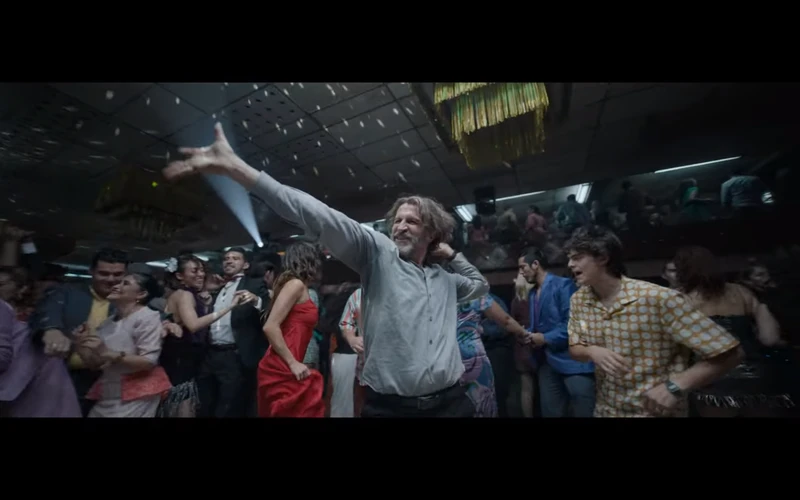
I'd rather be watching Birdman (2014) any day of the week, but this was a good time.
